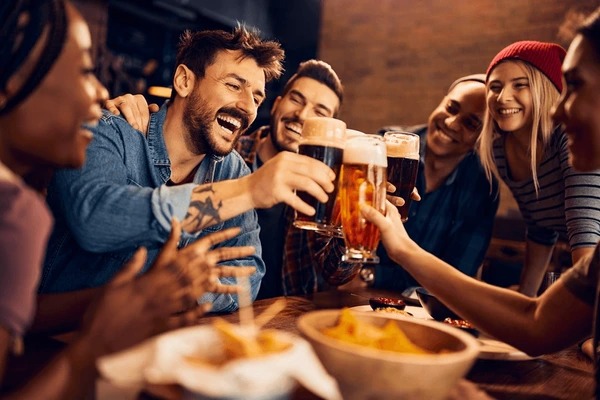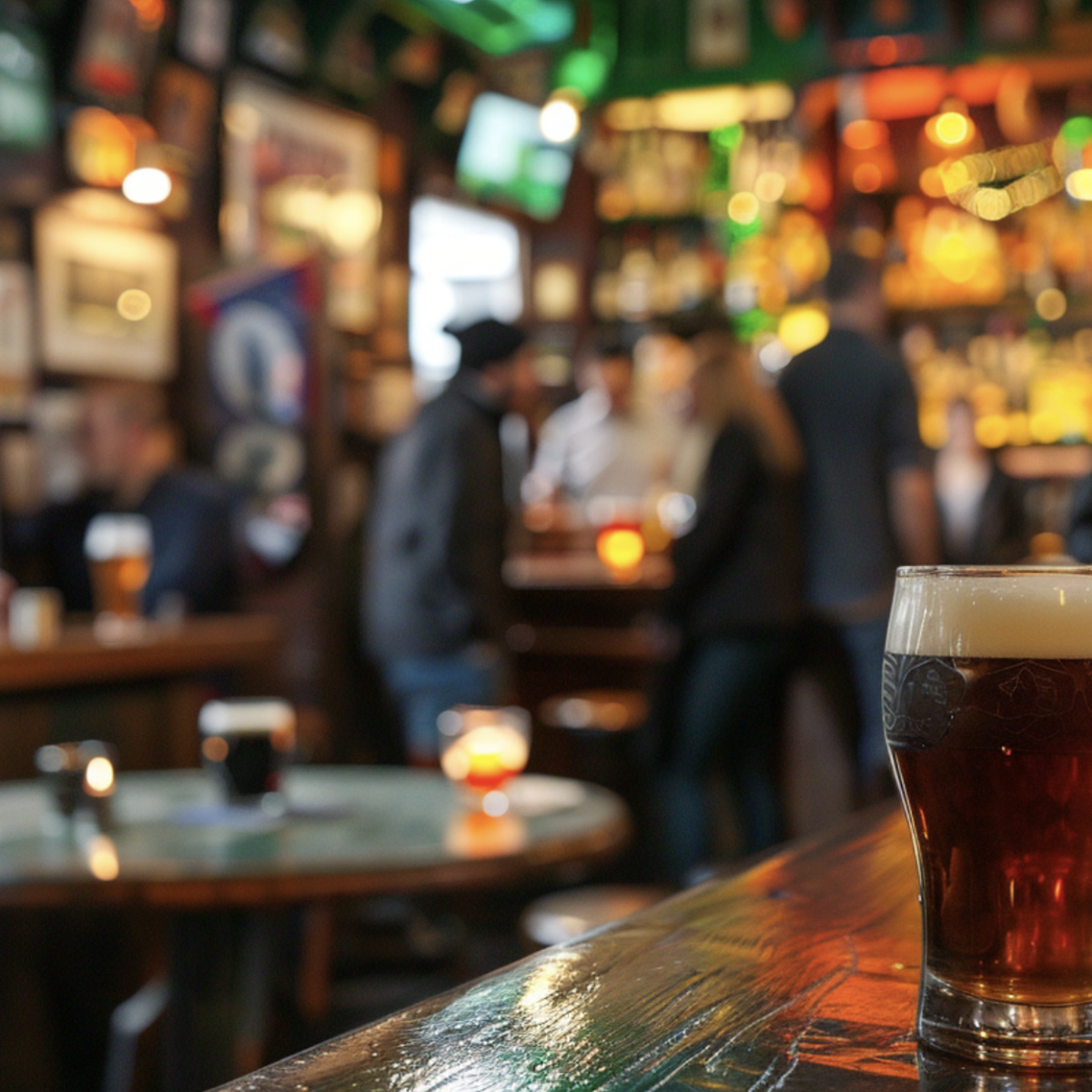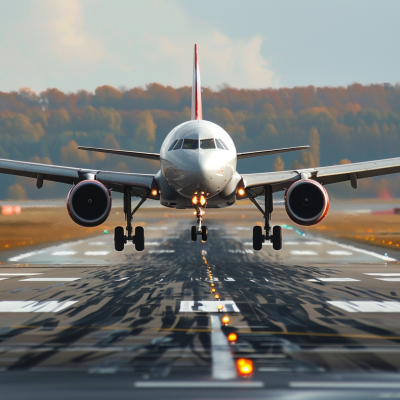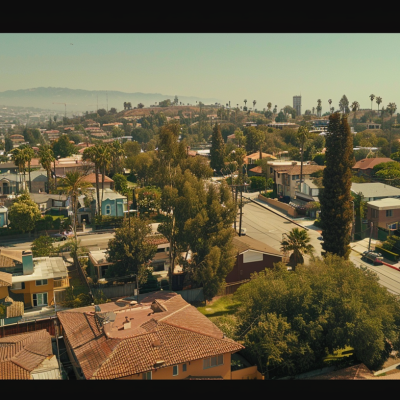Confused about Iceland’s drinking laws? You’re not alone.
As a tourist, navigating a foreign country’s alcohol regulations can be tricky, and the last thing you want is to face legal consequences for a simple misunderstanding.
But don’t worry! We’ve got you covered with a clear, concise guide to Iceland’s legal drinking age.
Discover the key facts you need to know to enjoy your Icelandic adventure responsibly, without any unpleasant surprises.
From the minimum age for purchasing and consuming alcohol to the strict rules around drinking and driving, we’ll break it all down for you.
Get ready to raise a glass and celebrate your newfound knowledge!
Historical Context and Cultural Influences
Iceland’s alcohol regulations have developed through a history marked by prohibition and careful legalization, shaped by social, economic, and cultural factors.
- Starting with a complete ban in 1915, Iceland gradually lifted prohibitions on wines in 1922 and spirits in 1935. Beer remained illegal until 1989, primarily due to its association with Danish influence during Iceland’s quest for independence.
- This late legalization of beer and the ongoing strict control over alcohol reflects Iceland’s commitment to public health and a stance against excessive drinking, which are core aspects of its culture.
- Today, Icelanders are known for moderate drinking, typically during cultural and family gatherings. The historical journey of the country’s alcohol laws not only informs the current regulations but also underscores the unique cultural attitudes towards drinking.
Understanding this history is crucial for appreciating how Iceland’s past influences its present approach to alcohol regulation and the country’s distinctive drinking culture.
The Legal Drinking Age in Iceland

Iceland takes a firm stance on its legal drinking age, setting it at 20. This age limit is higher than most European countries, where the threshold is typically 18.
The decision to set the bar at 20 reflects Iceland’s unique approach to alcohol regulation, shaped by its complex history and societal values.
- Iceland’s relationship with alcohol has been marked by periods of prohibition and strict control. These experiences have influenced the country’s current policies prioritizing public health and responsible consumption. By setting the legal drinking age at 20, Iceland aims to reduce alcohol misuse among youth and delay the onset of drinking.
- Research supports the effectiveness of higher drinking ages in reducing alcohol-related accidents and health issues. Iceland’s approach has yielded positive results, with lower rates of alcoholism and alcohol-related incidents among young adults compared to other nations.
- The legal drinking age aligns with Iceland’s cultural emphasis on moderation and public welfare. These values are deeply ingrained in Icelandic society and are reflected in the country’s stringent alcohol regulations.
While visitors to Iceland may find these rules surprising, they play a crucial role in maintaining public order and health.
As a tourist, respecting and adhering to these laws is essential to ensure a safe and enjoyable experience in this beautiful country.
Current Regulations and Enforcement
Iceland’s approach to alcohol sales and consumption is characterized by a tightly regulated system aimed at controlling access and minimizing alcohol-related problems.
The state plays a central role in overseeing the sale and distribution of alcoholic beverages.
- Iceland tightly controls alcohol sales through state-run stores called Vínbúðin, which are the only shops allowed to sell alcohol for off-premise consumption. These stores have limited operating hours and are closed on Sundays to restrict easy access to alcohol. Only lighter alcoholic drinks like low-alcohol beer can be sold in some grocery stores, while stronger beverages are exclusively sold at Vínbúðin.
- The legal drinking age in Iceland is 20, and enforcement is strict with rigorous ID checks at the point of sale. Violating these regulations, such as selling alcohol to minors, can lead to severe penalties, including fines and imprisonment.
- Iceland’s high compliance with these regulations is due to its cultural respect for law and order and a strong emphasis on public health and safety, which support the acceptance of these strict controls.
The comprehensive regulatory approach and stringent enforcement of alcohol laws in Iceland reflect the nation’s commitment to safeguarding public health and well-being.
These measures have a significant impact on shaping social behaviors and reducing the harmful consequences associated with alcohol consumption.
Legal Consequences of Non-Compliance
In Iceland, strict penalties uphold alcohol regulations aimed at curbing underage drinking and unauthorized sales.
These severe penalties reflect the value placed on maintaining a responsible drinking culture.
Alcohol-Related Offenses in Iceland
| Offense Category | Specific Offense | Penalty Description |
|---|---|---|
| For Individuals | ||
| Underage Drinking | Consuming alcohol under the age of 20 | Fines up to 50,000 ISK; Possible enrollment in rehabilitation programs |
| Supplying Alcohol to Minors | Providing alcohol to individuals under 20 | Heavy fines (can exceed 100,000 ISK); Possible imprisonment of up to 2 years |
| For Businesses | ||
| Sales to Minors | Selling alcohol to underage customers | License revocation; Fines based on revenue; Possible criminal charges |
| Operating Outside Allowed Hours | Selling alcohol outside of designated times | Fines starting from 50,000 ISK; Potential temporary or permanent closure |
| Unlicensed Sales | Selling alcohol without proper licensing | Severe fines (based on business size and revenue); License revocation; Possible criminal charges |
- Fines and Penalties: The exact amount can vary based on the severity of the offense and any previous violations.
- Rehabilitation Programs: Aimed at younger offenders to promote awareness and prevent repeat offenses.
- License Revocation: This is considered for severe or repeated violations that significantly impact the business’s ability to operate.
- Criminal Charges: Imposed, especially in cases of repeated non-compliance or severe breaches of law, including endangering public health.
Impact of The Legal Drinking Age
Iceland’s strict enforcement of a legal drinking age of 20 has had a profound impact on the country’s alcohol consumption patterns.
This policy reflects Iceland’s strong commitment to public health and the promotion of responsible drinking behaviors.
- The impact of Iceland’s legal drinking age on alcohol consumption is clear. Iceland’s overall alcohol consumption is lower than many European countries, thanks to restricted access and high taxes. This has led to more responsible drinking habits and a decrease in adult binge drinking.
- The legal drinking age has been particularly effective in reducing teenage drinking. In the 1980s, Iceland had one of Europe’s highest rates of adolescent drinking. Raising the drinking age and launching public health campaigns have greatly reduced underage drinking.
- Recent surveys show a significant drop in alcohol-related incidents among youth, leading to better community health overall, including fewer alcohol-related diseases and hospital admissions for alcohol poisoning among teenagers.
The enforcement of a higher legal drinking age in Iceland not only shapes individual drinking behaviors but also supports the country’s overarching health policies, which aim to nurture a more responsible and health-conscious population.
Conclusion
In conclusion, understanding Iceland’s legal drinking age is crucial for anyone visiting or living there.
The strict enforcement of a minimum age of 20 for purchasing and consuming alcohol has significantly impacted Icelandic society, leading to lower rates of underage drinking and alcohol-related issues.
This approach reflects Iceland’s commitment to promoting public health and fostering a responsible drinking culture.
By setting a higher legal drinking age and implementing comprehensive regulations, Iceland has successfully reduced alcohol consumption among youth and improved overall community well-being.
As a visitor or resident, respecting and adhering to these laws is essential.
It will help avoid legal consequences and contribute to the country’s efforts to maintain a healthy and safe environment.
Ready to experience Iceland’s unique culture and stunning landscapes? Start planning your trip today!
Frequently Asked Questions
How Strict is Iceland’s Drinking Age?
Iceland’s drinking age is very strict, set at 20 years old.
Why is Iceland So Strict on Alcohol?
Iceland has a high drinking age of 20 to reduce alcohol abuse and protect public health. The country has a history of alcohol-related issues and strict laws.
Why is Beer so Expensive in Iceland?
Beer was banned in Iceland until 1989 due to its cultural association with Danish influence and the desire to maintain sobriety. High taxes also contributed to the cost.
What is the Most Common Drink in Iceland?
The most common alcoholic drink in Iceland is Brennivín, a clear, unsweetened schnapps.






